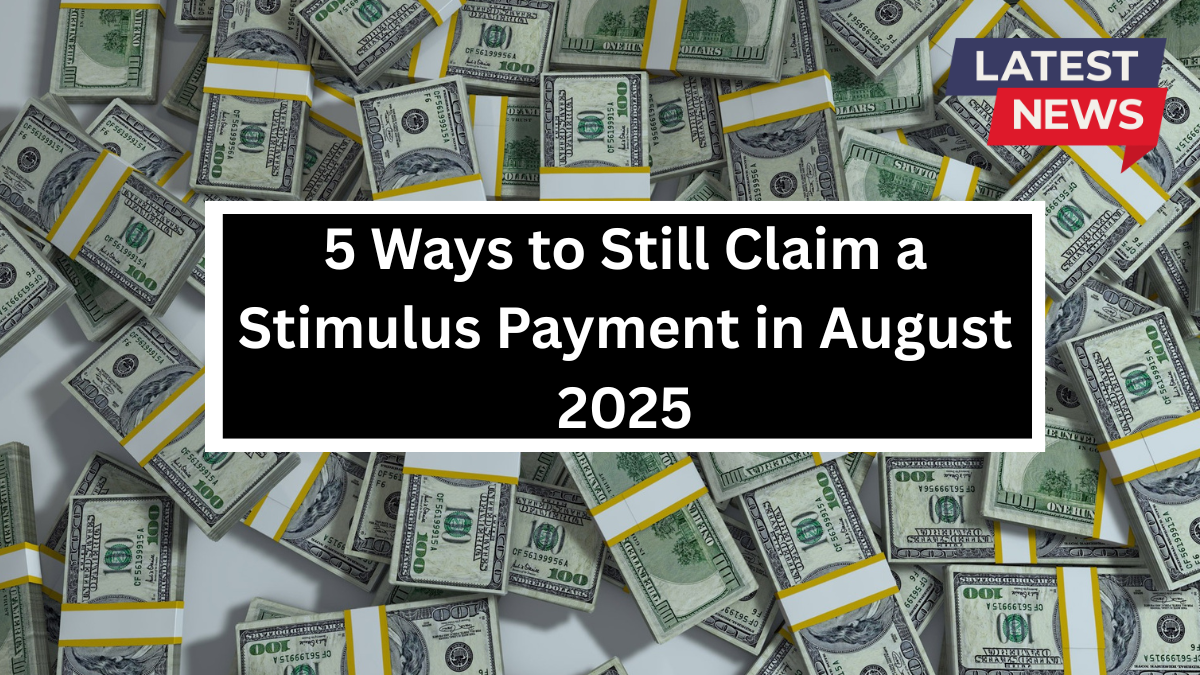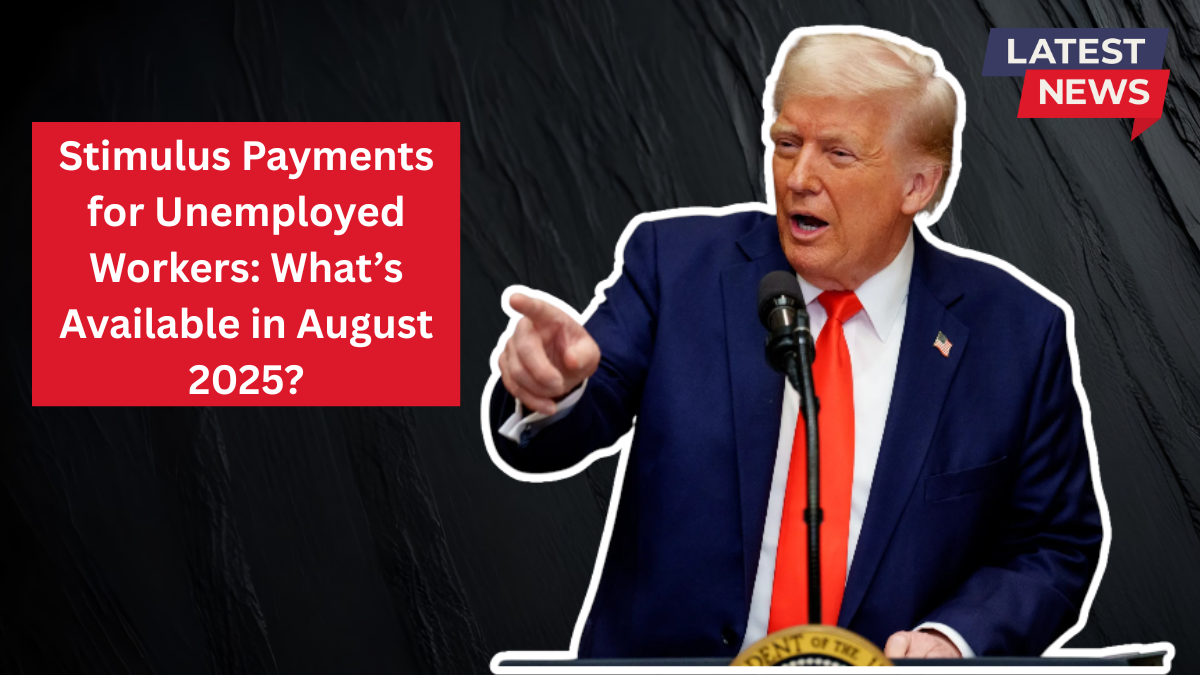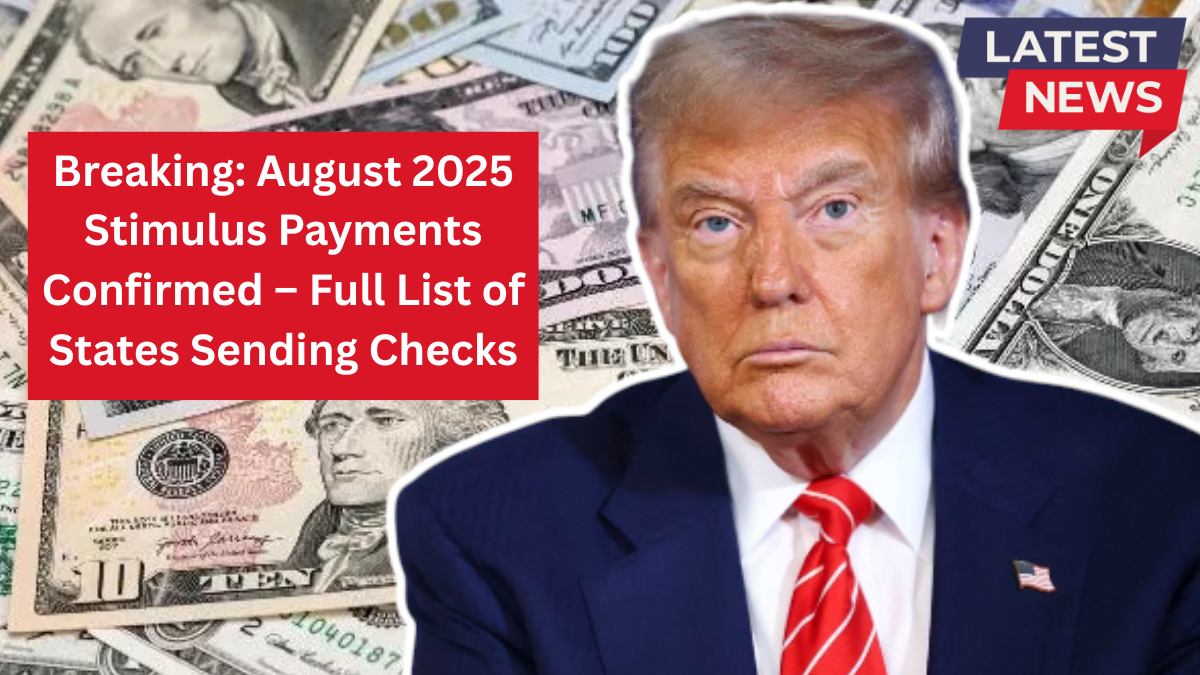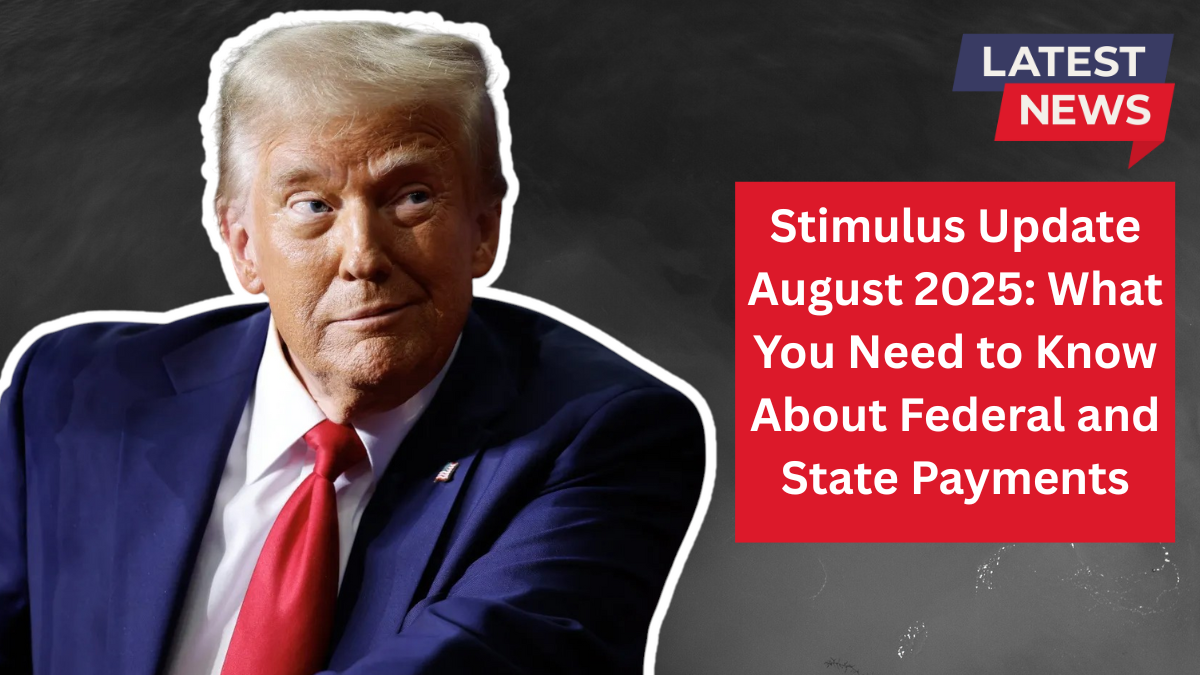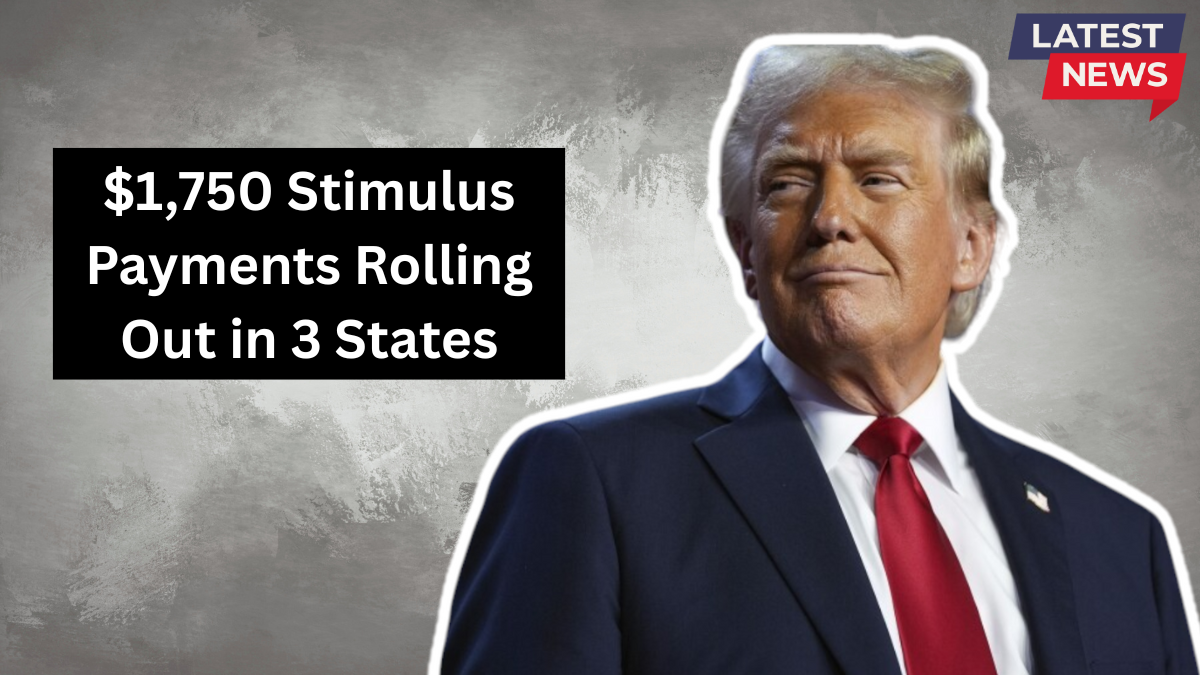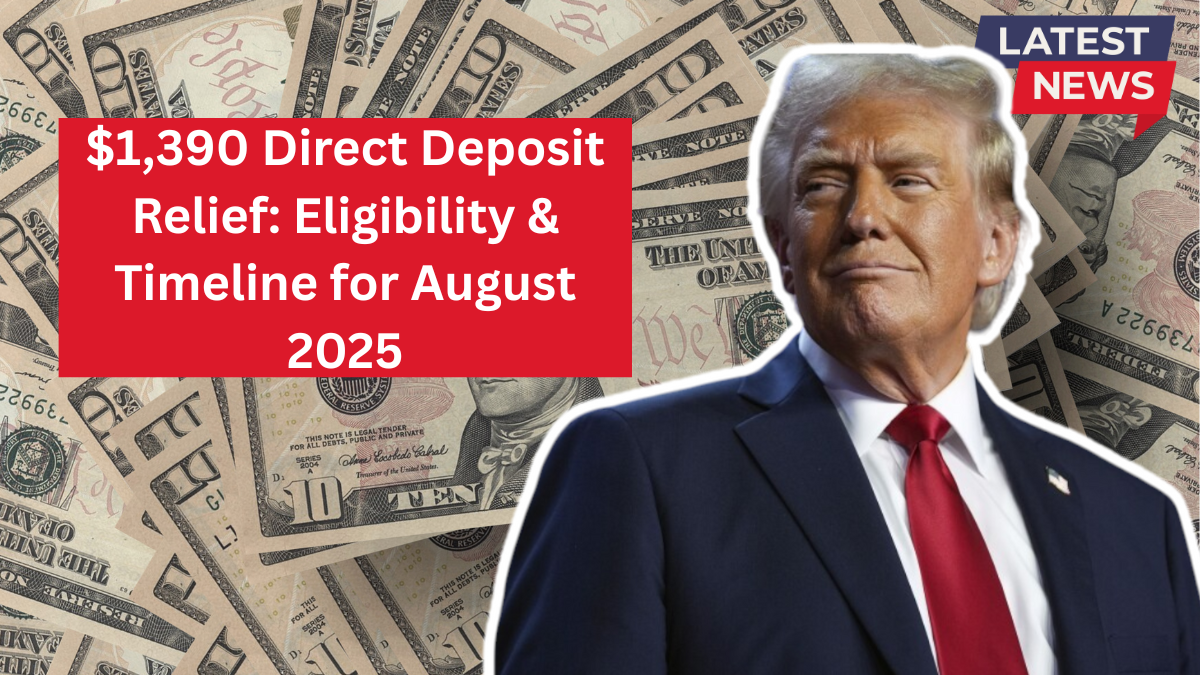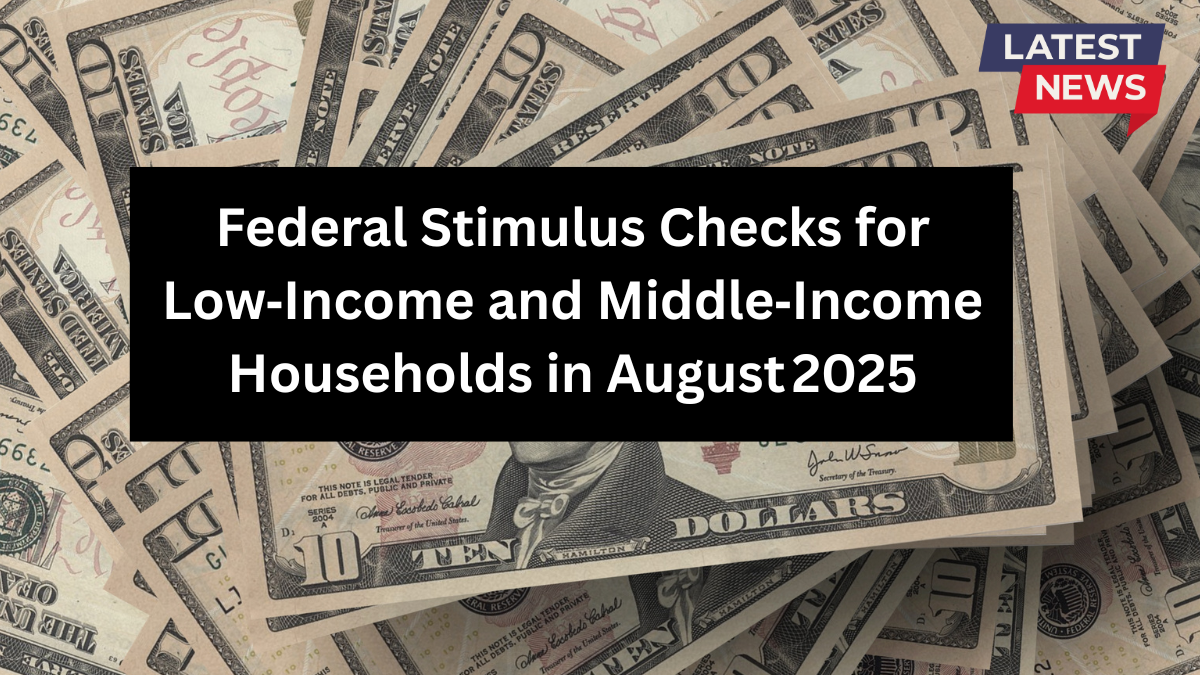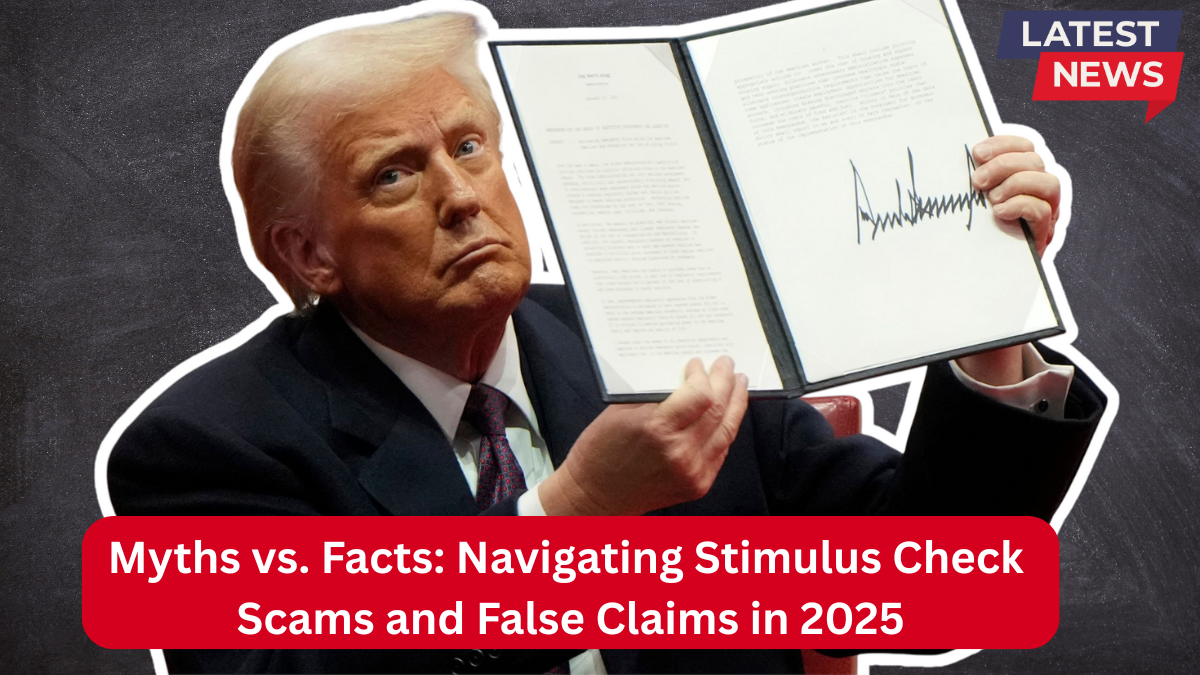When families needed it most, the $1,400 Economic Impact Payment became a symbol of hope. Here’s how it helped—and what it still means today.
A Lifeline in a Time of Crisis
There are moments in life when help arrives just in time—when a single act of support makes the difference between giving up and pushing forward. For millions of Americans, that moment came in the form of the $1,400 Federal Economic Impact Stimulus Check.
Introduced during a time of national uncertainty, this check wasn’t just about dollars—it was about dignity, about survival, about giving hardworking people the strength to carry on. It became a classic lifeline that echoed through every household that felt forgotten.
What Was the $1,400 Economic Impact Payment?
The $1,400 stimulus check was the third round of federal Economic Impact Payments (EIPs), signed into law under the American Rescue Plan Act of 2021. It followed two earlier payments and was aimed at helping Americans recover from the financial blow of the pandemic and rising costs of living.
Unlike past checks, this one was more inclusive, covering more dependents and adult family members previously left out.
💬 “When that check hit, it felt like someone finally saw us,” shared James, a father of three. “We were drowning. That gave us air.”
Who Qualified for the $1,400 Check?
The IRS used 2019 or 2020 tax returns to determine eligibility. You likely received the payment if you met the following:
- Single filers with income under $75,000
- Married couples filing jointly under $150,000
- Heads of household earning under $112,500
- Children and adult dependents (including college students and elderly parents)
- SSDI, SSI, and VA beneficiaries, even those who didn’t file taxes
Important Note:
Even if you didn’t receive the check back then, you can still claim it as a Recovery Rebate Credit when filing your taxes for 2020 or 2021.
When Was It Sent—and Are Payments Still Owed?
Most Americans received the $1,400 stimulus check between March and July 2021 through:
- Direct deposit
- Paper checks by mail
- Prepaid EIP debit cards
But not everyone got theirs. Some were missed due to outdated IRS records, non-filers, or errors. That’s why as of 2025, the IRS is still processing claims and back payments.
If you didn’t get your check, you may still be able to claim your payment retroactively by filing or amending your tax return.

Why This Payment Still Matters
Even though it was issued years ago, the impact of the $1,400 check continues today. It helped:
- Pay overdue rent and bills
- Keep small businesses open
- Put food on the table during layoffs
- Prevent foreclosures and utility shutoffs
- Ease anxiety during one of the hardest financial times in decades
💭 “It gave us more than money. It gave us a little hope,” said Teresa, a retired teacher. “And that’s something you can’t put a price on.”
What Should You Do If You Missed It?
Many Americans who were eligible never received their checks. If that’s you, here’s how to act:
- File a tax return for 2020 or 2021, even if you had no income
- Claim the Recovery Rebate Credit
- Check the IRS payment trace tool
- Seek help from a free tax clinic or IRS support center
Time may be running out. The deadline for back claims could close in 2025, depending on the state and federal cutoff.
More Than a Check—It Was a Lifeline
The $1,400 Economic Impact Payment wasn’t just another stimulus—it was a symbol of resilience. It showed what happens when a nation chooses to support its people in their most vulnerable hour.
For families that held on, seniors who felt forgotten, and workers pushed to their limits, that check was more than a transaction—it was a touch of humanity in a world full of chaos.
If you were missed, it’s not too late. Because even years later, a lifeline is still a lifeline.
Frequently Asked Questions (FAQs)
Q1: I never got the $1,400 check—what should I do?
File or amend your 2020 or 2021 tax return and claim the Recovery Rebate Credit. You may still receive the payment.
Q2: Is the $1,400 payment taxable?
No. This check is not taxable and does not count as income or affect other benefits.
Q3: My income was too high in 2020, but dropped in 2021. Can I still qualify?
Yes! If your income fell below the eligibility threshold in 2021, you could claim the credit and get the full payment.
Q4: I receive SSI or SSDI—was I included?
Yes, the payment was automatic for most SSI, SSDI, and VA beneficiaries, even those who don’t normally file taxes.
Q5: Will more stimulus checks be sent in the future?
While there’s no current plan for new stimulus payments, discussions continue in Congress as inflation and affordability remain issues in 2025.

